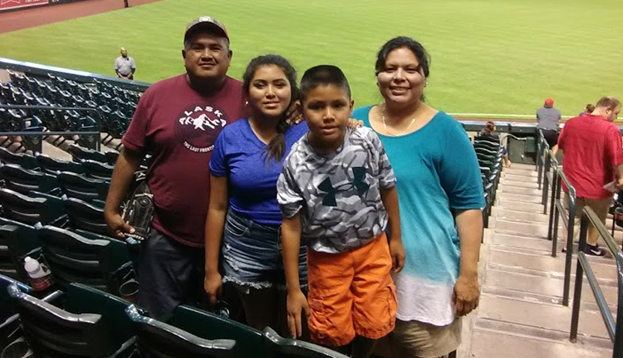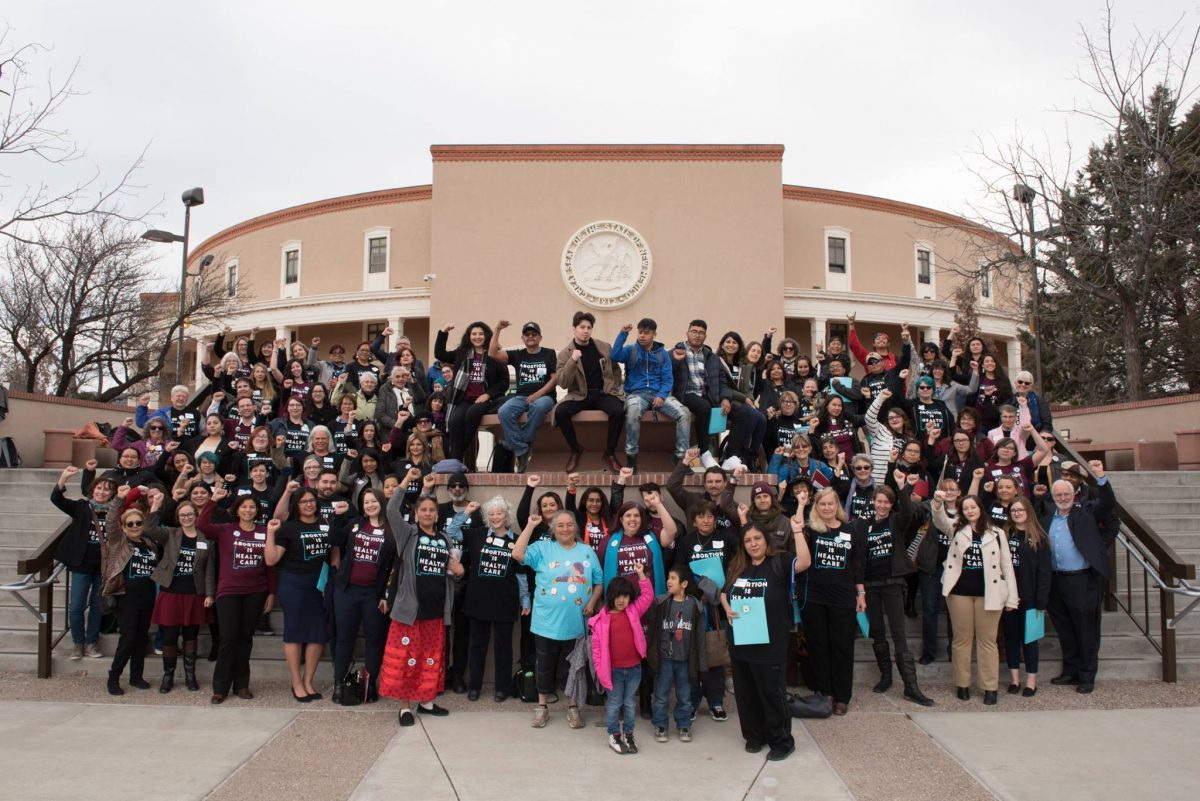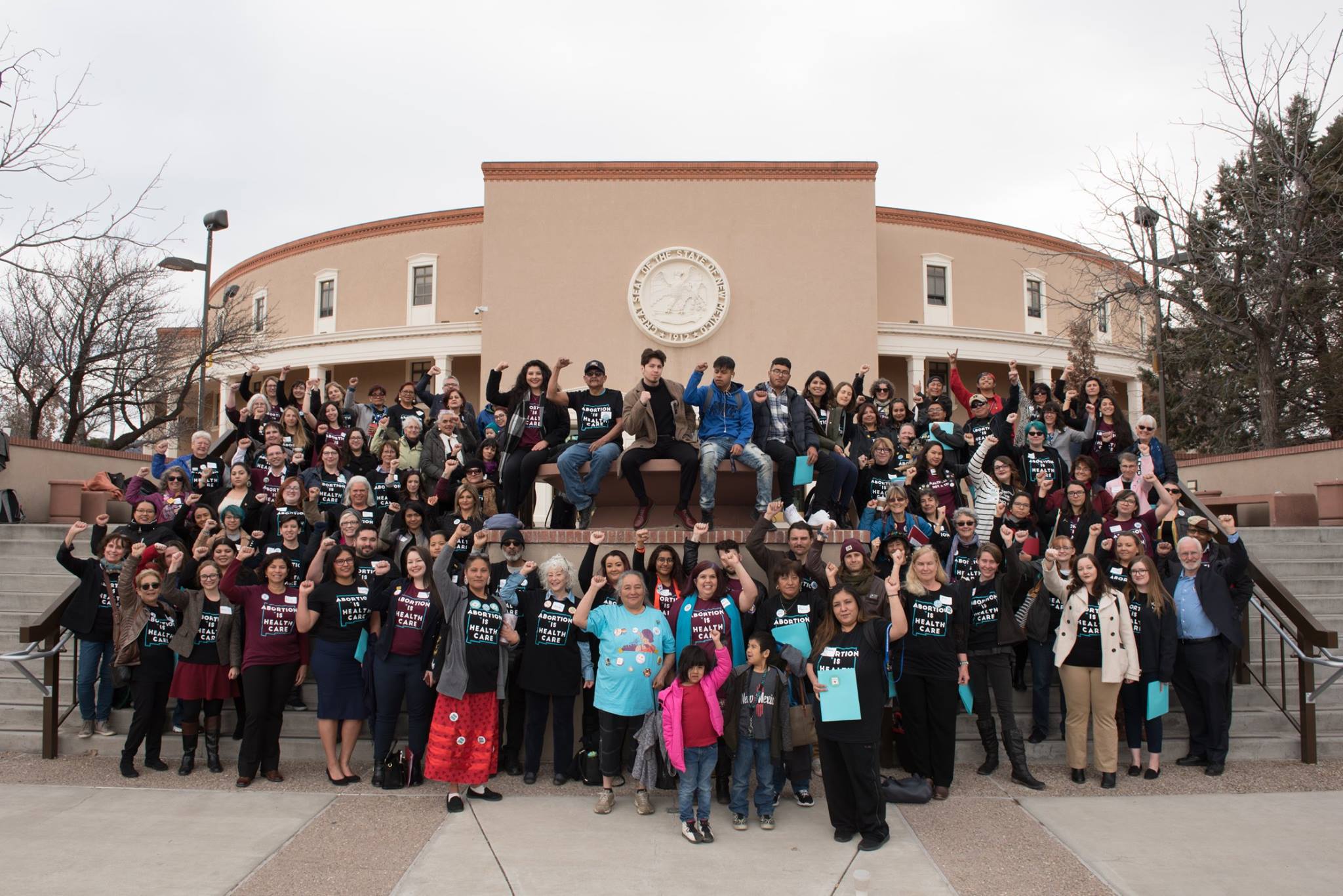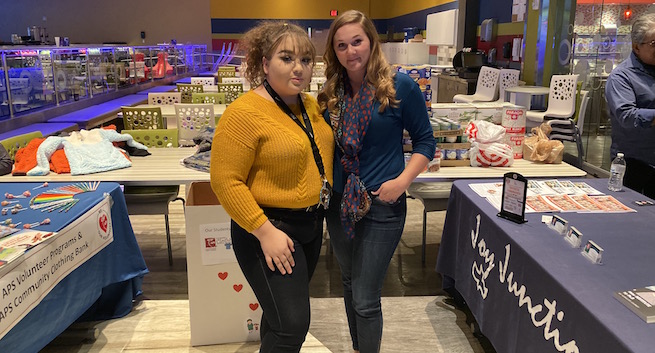Why New Mexico Schools Need Equity Councils: A Parent’s Perspective
By Songtree Pioche | Parent and Advocate, Taos Pueblo/Oglala Lakota
One of the greatest virtues of a true leader is listening. Not hearing, but listening. This means engaging to form a deeper sense of understanding. It’s time to focus and listen to the elders, parents, and students.
As I read “School leaders question PED’s response to Yazzie” in the Albuquerque Journal, I am disappointed in the responses from some of our school leaders. As a parent, community member, and advocate, I strongly believe that our voices make a difference.
The Yazzie/Martinez education lawsuit is a big victory for our children and an eye-opener for our leaders and lawmakers to act now. Our state constitution mandates that the State of New Mexico is responsible for providing a sufficient education for all students in our state. However, our children are suffering. It is time that we all come together and work together for our children.
Why We Need Equity Councils
PED developing “equity councils” is a start. Equity councils are a way for communities to engage in the process of developing culturally and linguistically responsive education. The idea is that the council listens to everyone down to parents and students.
This is important because educational inequity in New Mexico is profound. For example, in my community of Bloomfield, recent data in the Educational Equity Report by the Office of Civil Rights (OCR) found that of the 2,017 students enrolled at Bloomfield High School, Native Americans make up 36 percent, Hispanic students 35 percent, and white 27 percent.
Contrast these statistics to enrollment in gifted programs and you will see only 9.9 percent of Native Americans receive gifted instruction. Meanwhile, 37 percent of Hispanic and 51 percent of white students enjoy the educational pipeline to higher education. In the OCR discipline report, American Indians showed the highest percentage of referrals for in-school suspensions, out-of-school suspensions, and expulsions.
When I see some school leaders pushing back against equity councils, in light of the enormous disparities in education, it feels like a lack of fortitude. The data and mandate are clear. Why not approach an issue in a way you have never done so before? To me, it shows not only a lack of commitment to the responsibilities of leadership, but a lack of effort to comply to the requirements of the Yazzie/Martinez mandate, Indian Education Act, and Open Meetings Act.
Equity councils are intended to go above and beyond what is already in place. According to the Martinez and Yazzie consolidated lawsuit updates and guidelines on the NMPED website, the equity councils will “implement a culturally and linguistically responsive framework to prepare students for college, career, and life by supporting their identity and holistic development, including social, emotional, and physical wellness.” Equity councils should honor the courageous voices of those who hunger for resources.

Author and parent advocate, Songtree Pioche (far right), pictured here with her family.
We Need Leadership Now
I commend the districts that have posted this opportunity to their community. For those districts whose leaders question instead of listen, I encourage you to reflect upon the true meaning of leadership in your community.
Leaders, pray and ask yourself these basic questions: What Indigenous tribes/nations are represented in your “American Indian” statistics? What are the values of these tribes? What language do they speak? Are our programs serving parents, elders, and children equitably?
The work of a leader can be burdensome. It requires humility, sacrifice, courage, and wisdom to listen in order to collaborate with and protect the people you represent. There is listening to do and courage to go beyond what you already know. As a true leader, it is your time to serve.
This article is a response to the "equity councils” proposed by the New Mexico Public Education Department. These councils, made up of parents, students, and school personnel, will develop guidance to make education more culturally and linguistically appropriate. While some believe the councils will be a tool to help solve racial inequities brought to light by the Yazzie/Martinez case, others are skeptical that it’s too much of a time and financial burden on schools.
Author Songtree Pioche sent this op-ed to the Albuquerque Journal, but they did not respond. We are reprinting it here with her permission. We believe strongly in the importance of community and parent voice.




